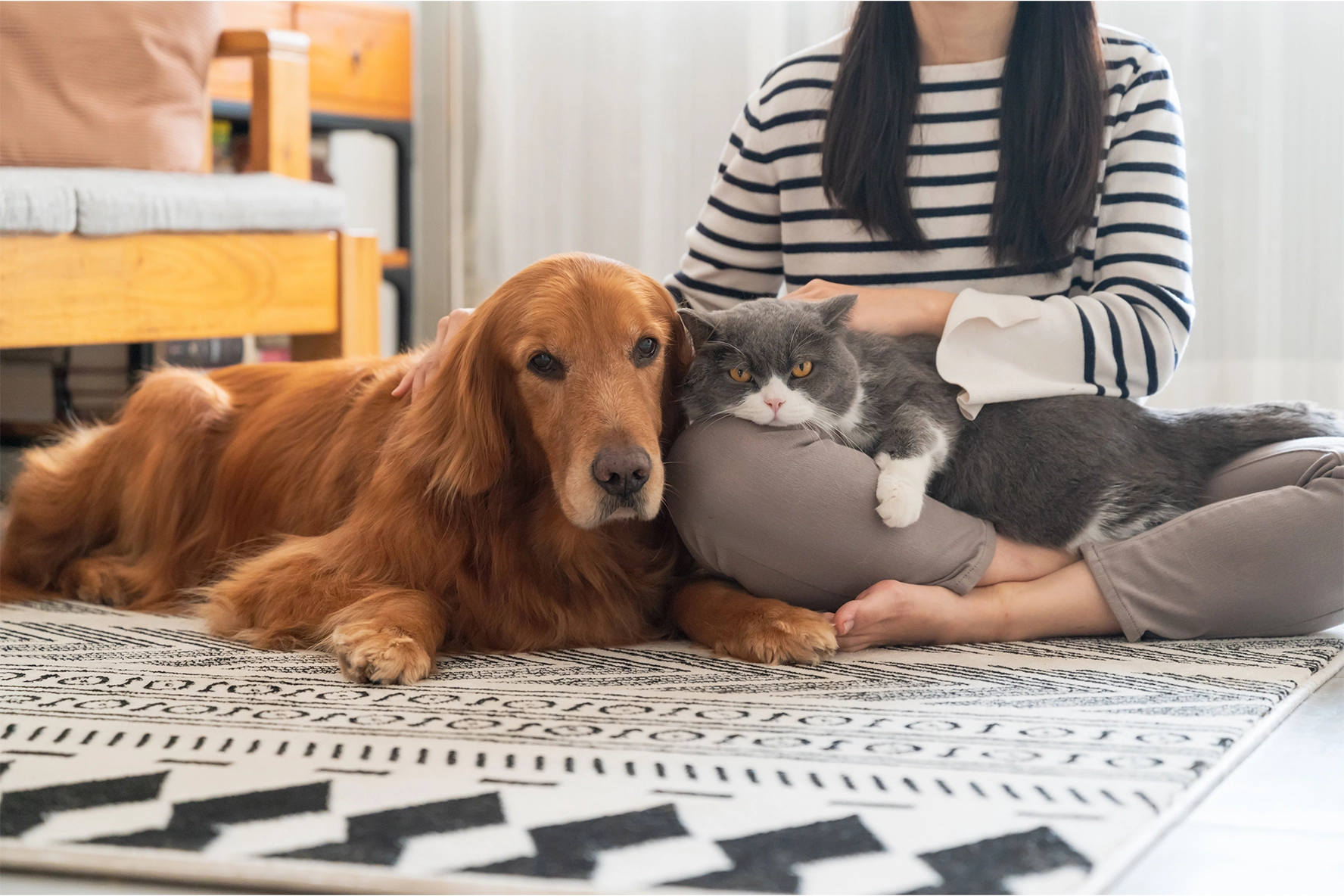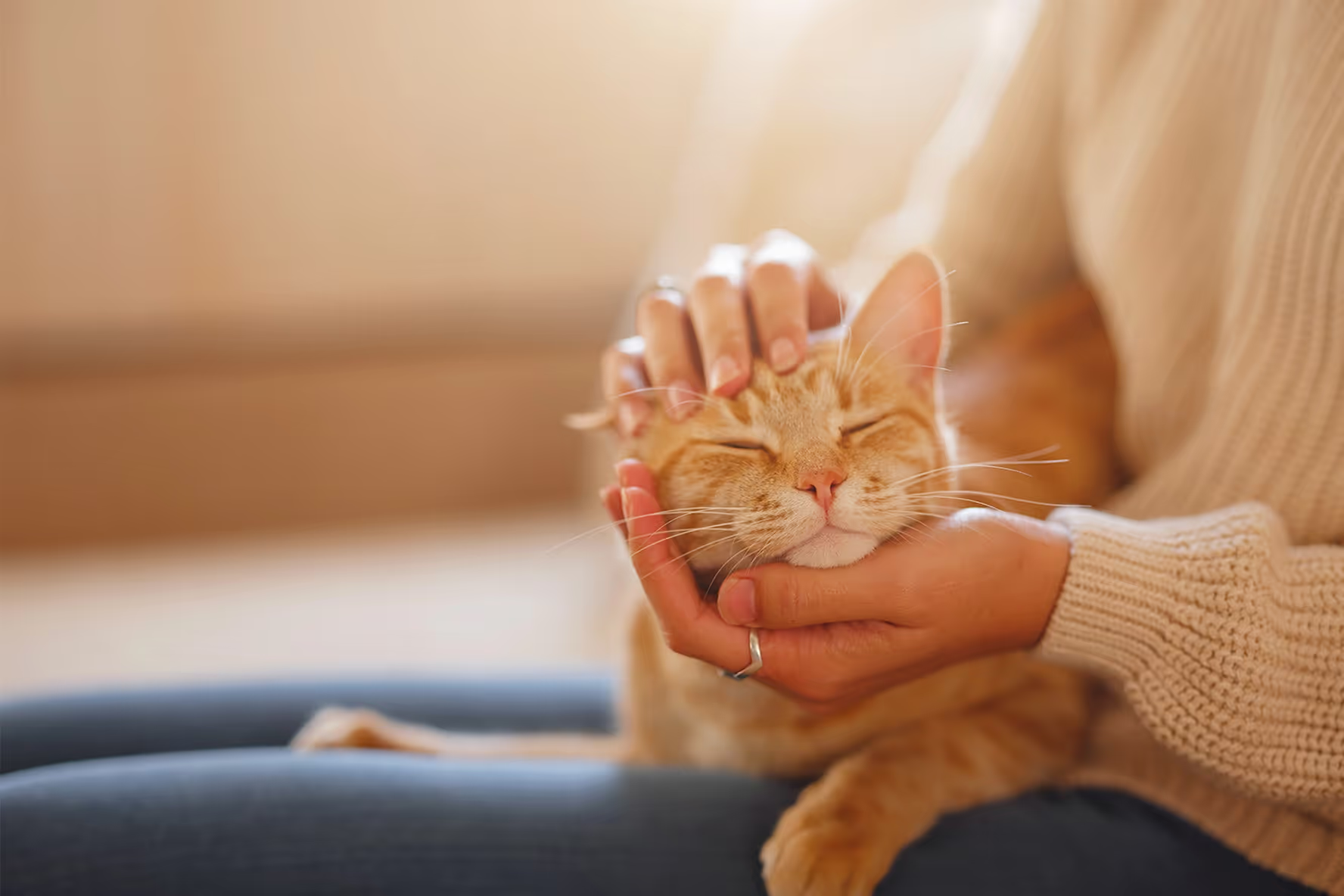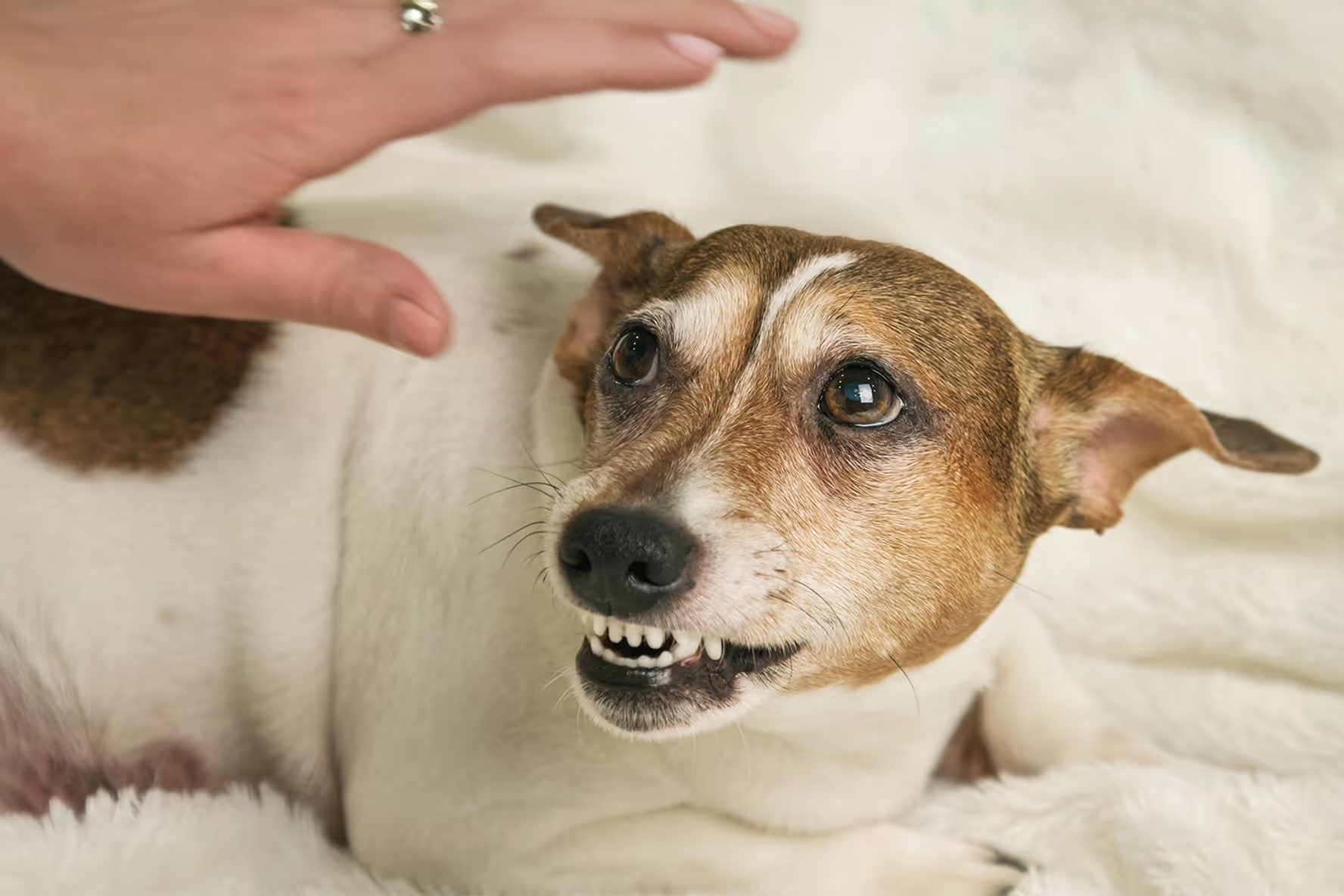
Chemotherapy is a difficult experience for any family member, including your dog. While it can be life-saving, many pet parents worry about its effects, often knowing more about human chemo than its impact on dogs. Understanding chemotherapy for canines and how it differs can help ease concerns and provide better care for your furry companion.
Good news, you don’t have to worry about your precious fluff losing all of their hair. And actually, you don’t have to worry anywhere near as much as you might think. Unlike in human patients, chemotherapy treatment in canines comes with fewer, and less intense, side effects.⁴
Side effects to expect
For dogs going through chemotherapy, the most common side effects are stomach problems, possible bladder irritation, and bone marrow suppression.
Stomach problems
Side effects that affect the gastrointestinal system are incredibly common, for both human and dog chemotherapy patients. For your dog, the medicine will likely cause some irritation. Dogs commonly experience vomiting, a loss of appetite, diarrhea, and Ileus (which is a temporary lack of muscle in the digestive tract that causes muscle contractions; it may look like constipation from the outside).
These stomach issues are expected and you shouldn’t worry too much about them. However, if any of these side effects are paired with a fever of over 103°F that goes on for longer than 24 hours, it would be a good idea to contact your vet or an emergency animal hospital.¹ ² ³
Bone Marrow Suppression
While it may sound intense, bone marrow suppression is not that bad of a side effect, on the contrary, it is helping your dog fight the cancer cells in their body. Bone marrow suppression means that your dog’s bone marrow has lost some of the ability to produce cells temporarily. Side effects that can be noticed from bone marrow suppression are loss of appetite, loss of stamina, weakness, rapid heart rate, and rapid breathing.
These side effects in combination with any stomach problems could be a good cause to give your vet a call and check-in. If you also notice a fever, go to your vet or an emergency animal hospital.¹ ² ³ ⁵
Limiting side effects
Knowing what to look out for is one thing, but being able to prevent or limit some side effects after chemo treatment for your pet could create a much more comfortable post-treatment experience for them. Here are a few tips to keep your pet happy and safe.
Vomiting
If your dog throws up after their treatment, don’t give them any food or water for 12 hours. Allow that time to let their stomach settle and begin to adjust to the medicine. After those 12 hours, offer small amounts of water to them, and when they are able to keep the water down you can start to give them tiny servings of bland foods. Think boiled chicken or hamburger, given with rice. Once you’re sure they have stopped vomiting, at least regularly, you can start to introduce normal food back into their diet slowly, over several days. By the third day if all is well they should be back to their normal meals.¹ ² ⁴
Diarrhea
If your pet skips vomiting and their food goes straight out the back end, keeping it at bay will also require a slight change to your pet’s diet. Giving your pet easily digestible foods like boiled chicken or hamburger with white rice, or cottage cheese can help to ease the damage diarrhea may have caused. You can also give your dog small doses of Pepto-Bismol—but ask your vet what they recommend for your specific pet before giving it.¹ ² ⁴
Dehydration
Dehydration can be a side effect of the side effects. If your pet has lost their appetite or has been throwing up, it's unsurprising that their water levels may be affected as well. This one unfortunately doesn’t have many tips or tricks to help you prevent any issues at home, but you should be monitoring for signs of this symptom becoming a problem. Check your dog's gums regularly, they should be moist. And their skin should feel soft, the way it normally does. If you notice that there has been a change to the texture or feel of your pet's skin—does it feel tighter than normal?—or if you notice that your dog’s gums are consistently dry, call your vet or a local animal hospital. Your pet may need an IV to keep their hydration levels up.
How your doctor will help
Your veterinary oncologist will help you and your pet through the side effects of chemotherapy as well. You don’t have to deal exclusively with home remedies or tips and tricks to keep your dog feeling okay during their treatment period. Because your doctor knows the medicines that are being given to your dog, they will be able to predict the most likely side effects your pet will experience. This, in turn, allows them to prescribe additional medicines to help combat them. They will make sure that your pet will be comfortable and cared for throughout their chemotherapy treatment period.
These additional medications can help to limit the severity of the side effects created from the chemotherapy medicines by helping to calm the stomach, or even boosting the dog’s appetite. There is always the chance that your pet will experience side effects of taking any kind of medication, so make sure to ask your vet what the side effects of each additional medicine are.
Are you unsure about your dog’s chemotherapy treatment? Find out how ImpriMed can help you.
References:
- https://www.vet.cornell.edu/research-departments/institutes/sprecher-institute-comparative-cancer-research/treatment-strategies/managing-common-side-effects-chemotherapy-companion-animals
- https://todaysveterinarynurse.com/oncology/chemotherapy-induced-side-effects-prevention-and-treatment/
- https://www.ethosvet.com/blog-post/chemotherapy-2/
- https://www.advetcc.com/cancer-care/frequently-asked-questions-about-chemotherapy/
- https://wagwalking.com/condition/anemia-due-to-bone-marrow-failure-or-toxicity


